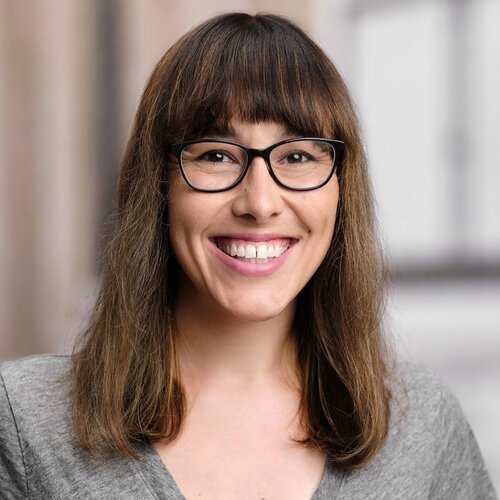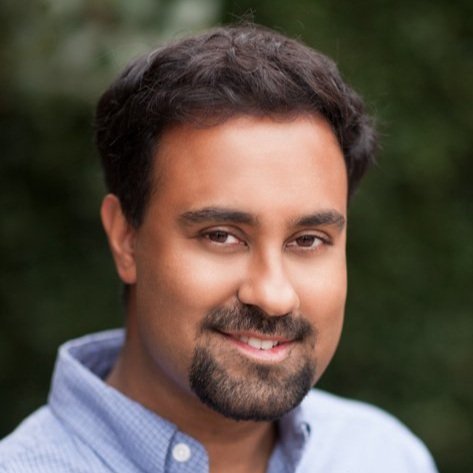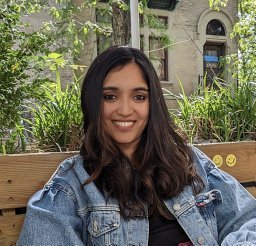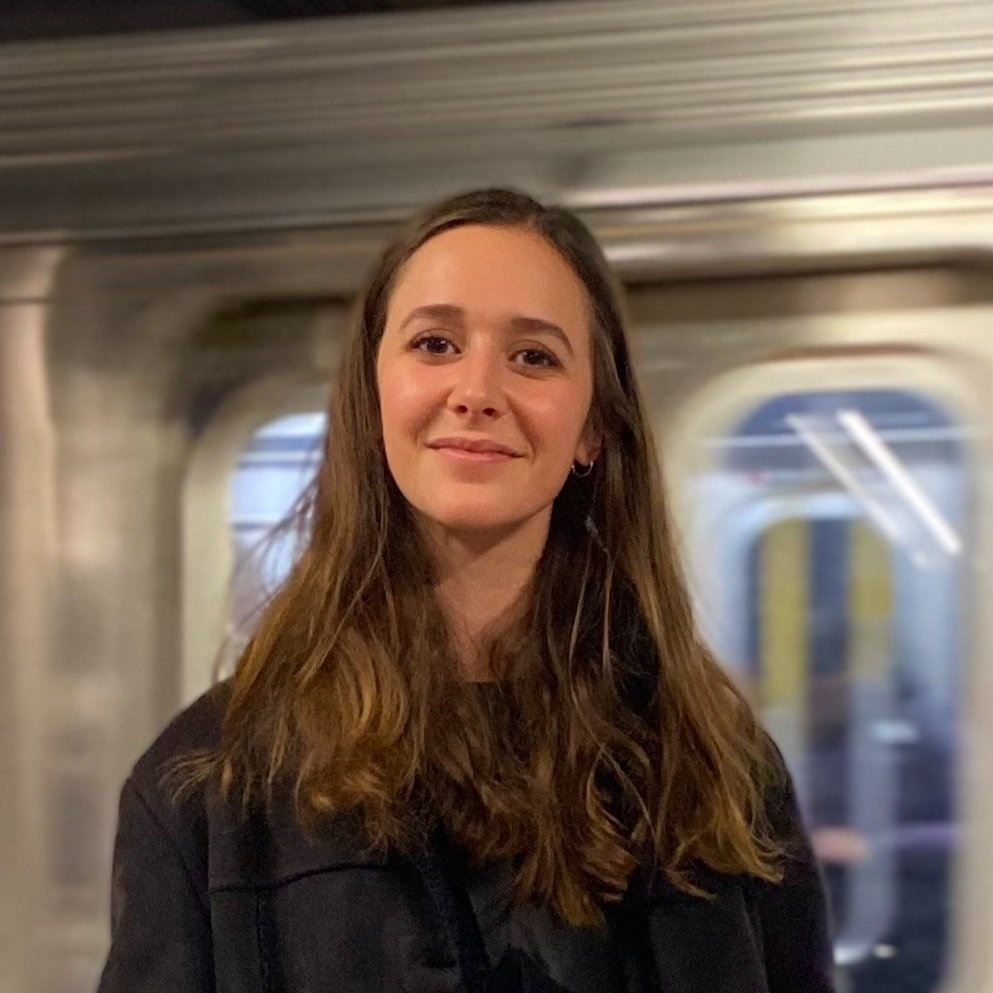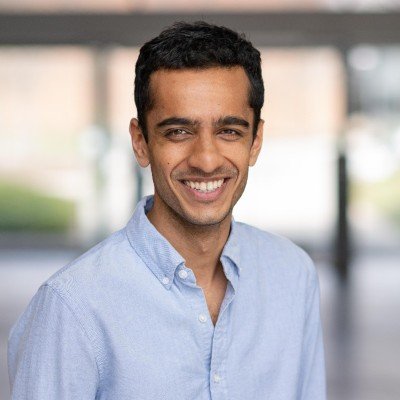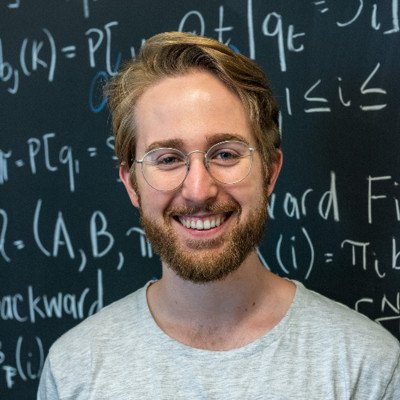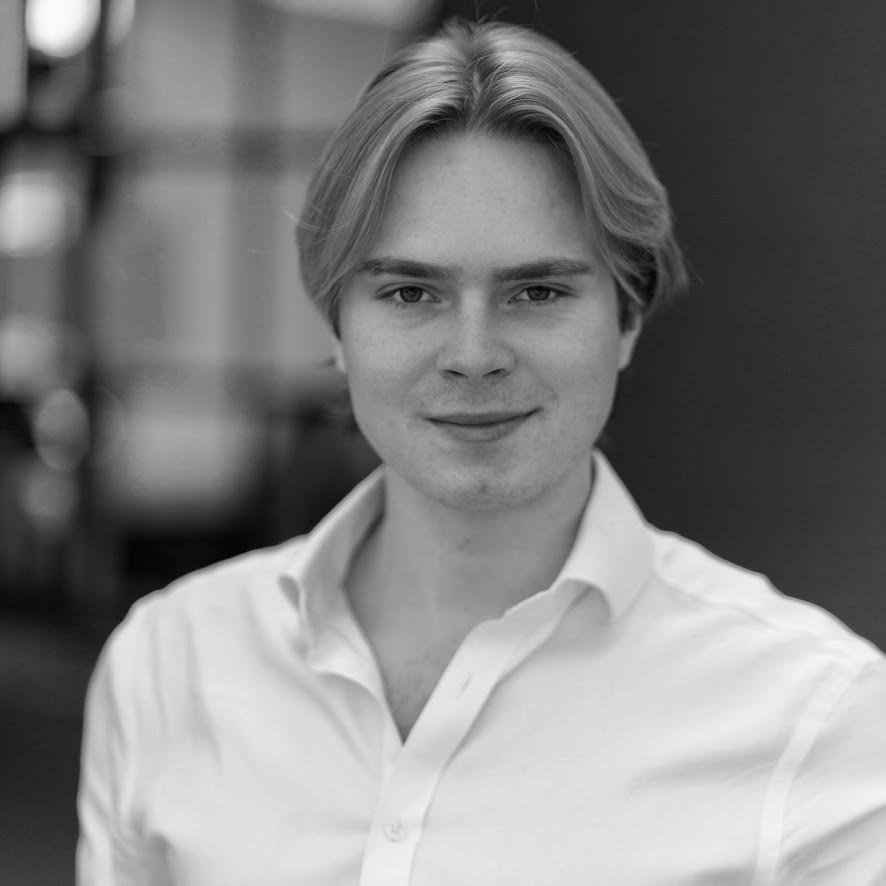Professor Jay McClelland (Stanford / DeepMind)
Professor Jay McClelland is a pioneer in computational neuroscience and machine learning. He is Professor in the Psychology Department and Director of the Center for Mind, Brain, Computation and Technology at Stanford. He is a member of the National Academy of Sciences and a corresponding Fellow of the British Academy. He has received the APS William James Fellow Award for lifetime contributions to the basic science of psychology, the David E. Rumelhart prize for contributions to the theoretical foundations of Cognitive Science, the NAS Atkinson Prize in Psychological and Cognitive Sciences, and the Heineken Prize in Cognitive Science.
Professor Bin Yu (UC Berkeley)
Bin Yu is Chancellor's Distinguished Professor and Class of 1936 Second Chair in Statistics, EECS, and Computational Biology at UC Berkeley. Her research focuses on the practice and theory of statistical machine learning, veridical data science, and solving interdisciplinary data problems in neuroscience, genomics, and precision medicine. She and her team have developed algorithms such as iterative random forests (iRF), stability-driven NMF, and adaptive wavelet distillation (AWD) from deep learning models. She is a member of the National Academy of Sciences and of the American Academy of Arts and Sciences. She was a Guggenheim Fellow, and holds an Honorary Doctorate from The University of Lausanne.
Professor Sergey Levine (UC Berkeley)
Professor Sergey Levine is professor in the Department of Electrical Engineering and Computer Sciences at UC Berkeley. In their research, they focus on algorithms that can enable autonomous agents to acquire complex behaviors through learning, especially general-purpose methods that could enable any autonomous system to learn to solve any task. Applications of such methods include robotics, as well as a range of other domains that require autonomous decision making.
Anastasia is the Cofounder and Chief Operating Officer at Convergent Research. There, she is pioneering a new model for large-scale science projects called Focused Research Organizations (FROs), which address neglected bottlenecks in biomedicine, biosecurity, climate technology, and other areas.
Anastasia was the first operations hire at Neuralink, was Chief of Staff at the robotics company Creator, oversaw the Give Directly relationship at the fintech company Segovia, and led the scale-up of COVID-19 test production at Curative, Inc in the first weeks of the pandemic.
John Whaley is Founder of Redcoat AI. He also started Inception Studio, a nonprofit accelerator for AI-native founders, and is an Adjunct Lecturer in Computer Science at Stanford University in Generative AI. He previously founded two other cybersecurity companies: UnifyID and Moka5. He received his doctorate in computer science from Stanford, where he made key contributions to the fields of program analysis and compilers. He is the winner of numerous awards, including the Arthur L. Samuel Thesis Award for Best Thesis at Stanford and being named to the Forbes AI 50, and has worked at IBM’s T.J. Watson Research Center and Tokyo Research Lab. He also holds bachelor’s and master’s degrees in computer science from MIT.
Gayatri Sarkar is the owner of Advaita Capital, one of the few/only growth VC fund in the US owned by a woman-POC. We are investing in generative AI, deep tech and decarbonization advancing the human race. Their checks are $10-50M+ and they have invested in top names like Stripe, Epic Games, Neuralink, Cohere and other top generative AI companies as well.
Awarded Global Leader under 40 for championing $100B+ combined capital in gender advocacy through She-VC podcast. Former Federal Reserve Bank Manager- managed US Treasury’s assets for the US Military/ Navy, including managing big banks like JPM, PNC, G&D, and VISA. Founder of a consulting firm where US Treasury was first client. Founder of career networking tech startup, built at Harvard i-lab when Gayatri was a Harvard graduate student. Started her career as a data architect at HP, IBM, Goldman Sachs. Former GP of a TMT fund (acquired). Physics Honors, Math minor. Economics and Finance Major at Harvard. She completed 6years end of term as Board of Directors of Harvard Kennedy School NEA. She is also a crown patron of Princess Grace Foundation, USA, now Under The High Patronage of His Serene Highness Prince Albert II, Princess’s Grace’s son and ruling Prince of Monaco, is dedicated to the enduring legacy of his mother and the important mission of excellence in the arts. Advaita Capital is also official nominator of Earthshot Prize, created by Prince William Foundation, which grants 1M pounds to top 5 category climate tech startups through annual prize.
Professor Surya Ganguli (Stanford / a16z)
Surya is an associate professor of Applied Physics at Stanford University, with courtesy appointments in Computer Science, Electrical Engineering and Neurobiology. At Stanford he directs the Neural Dynamics and Computation Lab. His research spans the fields of artificial intelligence, neuroscience, and theoretical physics, focusing on understanding and improving how both biological and artificial neural networks learn striking emergent computations. Surya has also been a researcher at both Google AI and Meta AI.
Surya Ganguli is also a venture partner on the Bio+Health team, advising the investing team and portfolio companies on the theory and application of artificial intelligence to solving deep and broad technical problems.
Professor Diyi Yang (Stanford)
Diyi an assistant professor in the Computer Science Department at Stanford, affiliated with the Stanford NLP Group, Stanford HCI Group, Stanford AI Lab (SAIL), and Stanford Human-Centered Artificial Intelligence (HAI). They are interested in Socially Aware Natural Language Processing, with the research goal of better understanding human communication in social contexts and building socially aware language technologies to support human-human and human-computer interaction.
Professor Robert Glushko (UC Berkeley)
Professor Glushko, of the Cognitive Science Program at UC Berkeley, is a distinguished researcher and business leader. Their research in academia and industry (including Bell Labs) and directorship of several companies helped establish the backbone of business and commerce on the internet. In addition, they have endowed a number of professorial, doctoral, and undergraduate prizes within the field of cognitive science, and have written several books, including Document Engineering and The Discipline of Organizing.
Dr Ishita Dasgupta (DeepMind)
Ishita is a Research Scientist at DeepMind New York City (working remotely from San Francisco / Mountain View). Her research is at the intersection of computational cognitive science and machine learning. Ishita uses advances in machine learning to build new models of human reasoning, applies cognitive science approaches toward understanding black-box AI systems (with a recent focus on large-scale pre-trained models), and combines these insights to build better, more human-like artificial intelligence. She was previously a postdoctoral researcher at Princeton University in the Departments of Psychology and Computer Science, working in the Computational Cognitive Science Lab with Prof. Tom Griffiths. She received her PhD from the Department of Physics at Harvard University in 2020, working in the Computational Cognitive Neuroscience Lab with Prof. Sam Gershman.
Sam is an inventor and entrepreneur. They have invented a new nanofabrication method, a new approach to sensing neural activity with probes in the bloodstream, new ways to extract spatial and temporal information from RNA sequencing, a new protein sequencing method, and a new approach to mapping connections in the brain, among other things. They founded the Applied Biotechnology Laboratory at the Francis Crick Institute in January 2021 with the goal of combining bioengineering and entrepreneurship to develop and deploy new biotechnologies that address major unmet needs for biology and medicine. In 2023, Sam launched Future House, a new research moonshot in San Francisco, focused on building an AI Scientist.
Scott is a Partner at Fifty Years, a deep tech pre-seed and seed stage VC firm. They back founders and scientists working on the world's biggest problems, like Solugen, Astranis, Athelas, BillionToOne, Opentrons, Substack, and more.
Before that, Scott was cofounder and CEO of Vicarious, an AGI and robotics startup backed by ~$250M from Dustin Moskovitz, Mark Zuckerberg, Elon Musk, Jeff Bezos, Founders Fund, Khosla Ventures, DCVC, 8VC, and many others. At Vicarious, they worked with their cofounder Dileep George and our talented research team to publish peer-reviewed research in Science, NeurIPS, ICML, and more.
Vicarious was acquired by Alphabet in 2022. After the acquisition, Scott spent a year as the Chief Product & Revenue Officer of Intrinsic, Alphabet’s “other bet” focused on robotics and AI.
Before Vicarious, Scott was an entrepreneur in residence at Founders Fund, started a company in the Y Combinator 2008 batch, and built an open source game. They also invest in hard tech startups like Sila Nano, Psi Quantum, Verge Genomics, and Science, and advised venture funds like Felicis Ventures, Base10, and 8VC.
Professor Dan V. Nicolau Jr (KCL; Oxford; Presentient Technologies)
Professor Nicolau is a mathematician, computer scientist, and physician, with leading research on algorithms, biological computation, and neuroimmunology. They are the co-founder and CTO of Presentient Technologies, who are working to accelerate medical research through smart clinical trials.
Professor Azalia Mirhoseini (Stanford / DeepMind)
Azalia is an Assistant Professor in the Computer Science Department at Stanford University. Their research interest is in developing capable, reliable, and efficient AI systems for solving high-impact, real-world problems. Their work includes generalized learning-based methods for decision-making problems in systems and chip design, self-improving AI models through interactions with the world, and scalable deep learning optimization. They also spend time at Google DeepMind and prior to Stanford, they spent several years in industry AI labs, including Anthropic and Google Brain. At Anthropic, they worked on advancing the capabilities and reliability of large language models. At Google Brain, they co-founded/led the ML for Systems team, with a focus on automating and optimizing computer systems and chip design.
Dr Clara-Lea Bonzel (Harvard)
Clara-Lea is a statistician who after a brief time in financial engineering switched her focus to the domain of healthcare. At Harvard Medical School, her current research centers on the development of advanced methodologies for the analysis of large scale electronic health records and genomic data, with the aim of unraveling complex disease patterns.
Dr Skyler Wang (Meta / McGill)
Skyler Wang is a Visiting Sociologist at Meta’s Foundational AI Research (FAIR) and an incoming Assistant Professor of Sociology at McGill University. Broadly, Skyler studies whether socio-technical & AI systems designed to improve our day-to-day lives meet their moral and social commitments. His empirical work examines how digital platforms (e.g., network hospitality, online dating, AI companions, etc.) shape modern intimacies and relationships, while his applied AI research seeks to alleviate language accessibility issues by developing ethically grounded multimodal translation systems for those who communicate with underserved languages. His forthcoming co-authored paper in Nature (“No Language Left Behind”) expands machine translation to 200 languages, and his article on SeamlessM4T, a large-scale speech-to-speech translation model, was featured as one of TIME Magazine’s Top 200 Inventions in 2023. Skyler’s research and ideas have also been featured on CNN, NPR, WIRED, Reuters, The Verge, and many other academic and media outlets.
Meet Danny Gray, the Founder & CEO of JAAQ and War Paint for Men. Bullied for his appearance as a teen, he turned his struggle with Body Dysmorphic Disorder into a mission to improve the mental health of one billion people. Inspired by the confidence makeup gave him, he pioneered War Paint For Men. Now, with JAAQ - Just Ask a Question, a new digital mental health platform, Danny is changing the world, one question at a time.
Alexander Oshmyansky is an American radiologist who is co-founder and CEO of Mark Cuban Cost Plus Drug Company. He completed a surgical internship at Harvard Medical School / Brigham and Women’s Hospital and then a residency in diagnostic radiology followed by a pediatric radiology fellowship at Johns Hopkins Hospital. While in residency, he attended night school at UB School of Law for the 2013–2014 school year out of personal interest. He also completed a DPhil (PhD) in mathematics at St. Cross College, University of Oxford as a Marshall Scholar.
In 2018, he founded Osh Affordable Pharmaceuticals and shortly after, sent Mark Cuban a cold email asking him to invest. Cuban instead decided to financially back the entire company, and the name was changed to Mark Cuban Cost Plus Drug Company (MCCPDC), or more simply Cost Plus Drugs.
Alex is a staff radiologist at Vision Radiology, for which he performs teleradiology at multiple locations around the United States. He is affiliated with a number of medical institutions, such as St. Francis Hospital in Wilmington, Delaware and Atrium Health Wake Forest Baptist in Winston-Salem, North Carolina.
David Landy is a data scientist and cognitive scientist who has worked across a variety of learning contexts (human and machine) for over 20 years. David has been a tenured professor and an IC data scientist, and is currently a manager of a ML team at Netflix. David’s academic focus on the experience of the ineffable has led in several unusual directions: David has written on the nature of religious imagery, the experience of electricity, how people make sense of national and international demographics, and the distributed nature of advanced mathematical reasoning. In industry, David has worked on a wide variety of projects, but currently leads a team working on building and deploying large-scale models of member behavior, aimed at helping stakeholders make sense of the rich nuances of taste and preference. These models sit at the boundary between mathematical psychology, cognitive science, and machine learning.
Mayank is a co-founder of Roundtable, an early-stage startup that detects survey fraud and bot activity. Roundtable leverages recent advances in cognitive science, artificial intelligence, and web development tools to improve user and market research. The technology builds upon some of Mayank’s academic work, which proposed how to use big data and machine learning to create more powerful and interpretable scientific theories of human behavior.
Christian Shewmake (UC Berkeley)
Christian studies the geometric principles of neural representation in brains and machines, completing his PhD in the Redwood Center for Theoretical Neuroscience at UC Berkeley with Bruno Olshausen. He happily co-creates with the Geometric Intelligence Lab at UCSB with Nina Miolane and the AmLab at the UvA with Erik Bekkers.
His broader mission is to advance the emerging geometric paradigm for intelligence by bringing together thinkers from neuroscience, geometric deep learning, mathematics, and physics. Toward this end, he co-organizes the Symmetry and Geometry in Neural Representations workshop at NeurIPS and a week-long summit at the BANFF International Research Station.
Previously, he built neural wetware computers at Koniku Inc. and received his M.S. in Systems Science & Mathematics. He holds a B.S. in Biomedical Engineering and Mathematics from Washington University in St. Louis.
Eliza Kosoy (UC Berkeley / Google)
Eliza Kosoy is a graduting PhD student at UC Berkeley working at the intersection of AI and child development working with Prof. Alison Gopnik. She is interested in creating benchmarks for evaluating AI models using concepts from cognitive development. She is the founder of E-liza Dolls a VC-backed startup aimed at building robotic dolls to expose young girls to technical concepts such as coding and hardware from an early age. She is an intern at Google working with the AIUX team studying how children and adults develop mental models of AI.
Dr James Whittington (Zyphra; Oxford; Stanford)
James Whittington does AI research at Zyphra and some neuroscience at Oxford and Stanford. He was at Oxford for a physics undergraduate and masters, then medical school, then a PhD. He doesn’t move much. He now works at Zyphra and has a Sir Henry Wellcome fellowship. His PhD was with Rafal Bogacz and Tim Behrens. His work tries to mechanistically understanding how neural networks - both artificial and biological - solve structured tasks.
Felix Sosa (DeepMind; Harvard; MIT; Adavita)
Felix is a cognitive scientist and AI researcher, completing his PhD in computational cognitive science at Harvard and the Center for Brains, Minds, and Machines (MIT). Their work broadly focuses on understanding the formal basis for commonsense reasoning in humans through the lens of deep learning and program synthesis. Alongside their main research, they work on large language model evaluations and automated software engineering as a visiting researcher at Google Deepmind, and are a Senior Research Associate at Advaita Capital where they lead technical diligence on AI investments. They are also an entrepreneur, co-founding Prior with researchers from Harvard, Johns Hopkins, MIT, and IBM, which focuses on developing AI systems with human-like social intelligence.
Taylor Beck (Pierrepont School)
Taylor Beck is a writer, a teacher, and a former neuroscience researcher. He holds a BA from Princeton in Neuroscience and an MA in journalism from NYU. His essays and articles have appeared in The Atlantic, Scientific American, and the Los Angeles Review of Books, among other publications. Taylor teaches human organisms, ages 6 to 18, at the Pierrepont School in Westport, Connecticut. He serves on the board of Thinking About Thinking, Inc., where he’s humbled by the title Chief Creative Officer.
Julius Ritter is the founder of BASIS Health and pursues the mission of establishing healthy food "on autopilot”. He founded AI Entrepreneurs at Berkeley, the most active incubator for AI Start-ups in the U.S. and is building community for entrepreneurs in the Bay Area through Next Chapter (nextchapter.to).
Dr Ruairidh McLennan Battleday (Harvard / MIT / Thinking About Thinking)
Ruairidh has the pleasure of heading the Thinking About Thinking team, a non-profit he founded in order to source and spread leading computational ideas about intelligence through a series of high-profile annual conventions and quarterly summits. He is an artificial intelligence researcher at Harvard’s Center for Brain Science and MIT’s Center for Brains, Minds, and Machines, where he works on algorithms and cognitive models for scientific discovery. He is currently writing a book on Antoine Lavoisier and the Chemical Revolution from a computational perspective, along with Professor Sam Gershman.
Ruairidh received his medical degree (accelerated) from St John’s College, Oxford, and his PhD from Princeton in Computer Science. In addition, he holds degrees from Edinburgh (Biochemistry) and Berkeley (Neuroscience). He is in the spark phase of an AGI start-up, much like all of his friends and colleagues.



